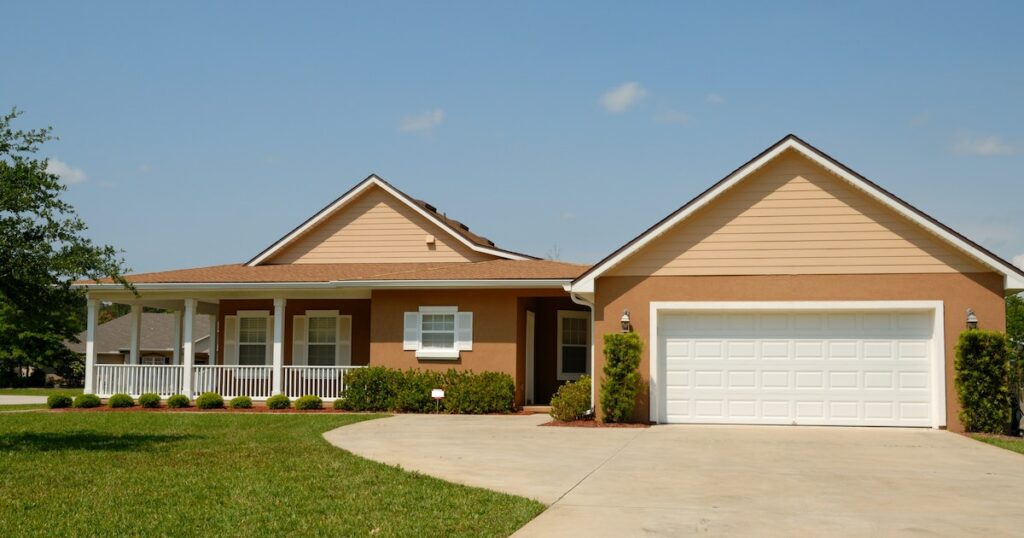13 Types of Mortgages to Choose From When Buying a Home

Because of the low monthly payments, some people prefer this sort of mortgage. However, because interest-only mortgages have adjustable interest rates, your rate will fluctuate from year to year.
You will also not accumulate equity in your property because you will not be paying down the principal. Each lender has its own eligibility criteria for interest-only mortgages, but you’ll almost certainly need a higher credit score, a lower debt-to-income ratio, and a larger down payment than you would for a conforming mortgage.
11. A piggyback loan
A piggyback loan consists of obtaining two mortgages, one large and one small. The smaller mortgage “hides” behind, the larger one. A typical mortgage is used for the primary loan.
The other option is a home equity loan or line of credit. There are various forms of piggyback loans, but the most frequent is an 80-10-10 loan.
The first mortgage is for 80% of the purchase price, the second is for 10%, and you provide 10% cash. You’ll have 20% to put down if you combine the second mortgage plus the money you’ve previously saved for the down payment. You won’t have to pay for private mortgage insurance this way.
12. Reverse mortgage
A reverse mortgage is a form of house loan available to those aged 62 and up. A reverse mortgage, unlike the majority of the other mortgages on our list, is not the first mortgage you’ll take out on your property.
It’s for folks who have built up equity in their home since purchasing it and have presumably paid off their mortgage. A forward mortgage, also known as a normal mortgage, is a form of loan used to purchase a home.
You make monthly payments to the lender until the house is paid off, and your debt diminishes over time. A reverse mortgage, on the other hand, is used after the home has already been purchased.
The lender pays you, and the funds come from the equity you’ve built in your home. Your debt grows over time. When you sell your house (whether you’re alive or dead), the money goes to the lender to pay down your reverse mortgage obligation.
Any excess proceeds from the sale will be distributed to you if you are still alive or to your estate if you are deceased. If your heirs wish to keep the house, they can pay off the reverse mortgage on their own.
13. Mortgage Refinancing
When you refinance your property, your original mortgage is replaced with a new one. There are numerous possible benefits to refinancing, including reduced interest rates, lower monthly payments, and the elimination of private mortgage insurance.
Because you’re only applying for a new mortgage, much of the process will be the same as the first time. Your credit score and debt-to-income ratio will still be considered by the lender. However, instead of deciding your interest rate based on your down payment, the lender will examine how much equity you have in your property.


